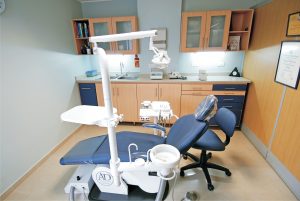By: David W. Hirshfeld
If you run medical practice, you receive subpoenas. Here are a few tips to help you respond to a common form of subpoena without having to involve your attorney.
The most common form of subpoena is a “Subpoena Duces Tecum.” A Subpoena Duces Tecum requires the recipient to provide specific records, and the custodian of the records who can answer a few basic questions at a deposition about how the records are generated and kept by the practice. A deposition is just an interview under oath, conducted by one or more attorneys, that is recorded. The subpoena will set the date for the deposition.
Depositions are inconvenient, as you will have attorneys in your office for all your patients to see and gossip about, and someone on your staff will have to take time to be the subject of the deposition. In the vast majority of cases, the attorneys will accept the records by mail if they are accompanied by a written certification signed before a notary. You see, in order for the records to be useful to the attorneys, they need to know that the records are accurate and complete, were generated and maintained in the ordinary course of the practice’s business, and haven’t been changed in response to the subpoena; and this is what they intend to learn from the deposition. Most attorneys will accept answers to these questions in a written certification in lieu of an in-person deposition.
When you receive a subpoena duces tecum, you should call the issuing attorney and ask if you can respond to the subpoena via written certification rather than a deposition. You should call the issuing attorney immediately, as subpoenas are time sensitive and often require speedy compliance. In addition, if the subpoena was not accompanied by an authorization for release of records signed by the patient, then you should ask the issuing attorney for that authorization as a condition of your compliance with the subpoena. Never discuss the patient’s treatment with the issuing attorney.
 By: Chase Howard
By: Chase Howard


 By:
By: 
 By:
By: 



 By:
By: